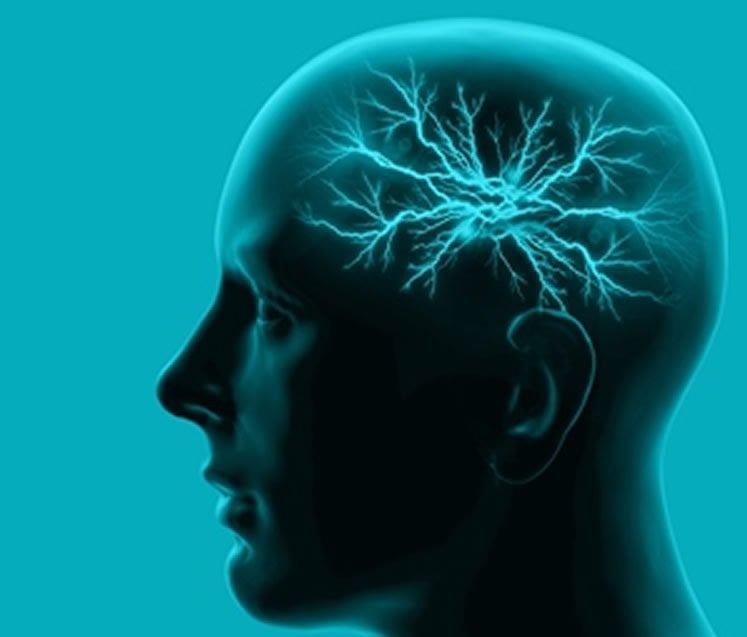Summary: A new study reveals multiple parts of the brain are associated with memory processing. Findings could help develop new strategies to treat those with brain injuries.
Source: University of Glasgow.
Scientists have discovered that there is more than one way to strengthen your memory, opening up the possibility of new treatment strategies for brain damage.
In a new study, published today in Nature Human Behaviour and led by the University of Glasgow, researchers have found that multiple parts of the brain are involved in memory processing, furthering our understanding of how the brain works.
Our brain constantly processes past events, often long after they have occurred. These “offline” processes consolidate and strengthen memories, even leading to the enhancement of memories while you are sleeping.
During learning, a memory for a skill is encoded across a network of brain areas. Scientists already recognise that there are subsequent offline processes that can enhance memories, however until now we have not understood how these mechanisms work.

This study suggests that rather than a single circuit being responsible for memory enhancement there are distinct independent circuits each capable of supporting the same enhancement.
Professor Edwin Robertson, Professor of Brain and Cognitive Sciences and lead author of the study, said: “The same improvement can be achieved through different routes. An important consequence of this organisation is that should one route become damaged due to disease the other remains with the capacity to support memory enhancement”.
The authors believe that rehabilitative strategies for patients of suffers of diseases such as stroke, may be able to exploit this new understanding by encouraging different parts of the brain to support memory enhancement when other parts have been damaged.
Funding: The work was funded by National Science Foundation and the National Institutes of Health.
Source: Ali Howard – University of Glasgow
Image Source: NeuroscienceNews.com image is adapted from the University of Glasgow news release.
Original Research: Abstract for “Dual enhancement mechanisms for overnight motor memory consolidation” by Jocelyn Breton & Edwin M. Robertson in Nature Human Behavior. Published online May 15 2017 doi:10.1038/s41562-017-0111
[cbtabs][cbtab title=”MLA”]University of Glasgow “Memory Insight May Prove Beneficial For Those With Brain Damage.” NeuroscienceNews. NeuroscienceNews, 20 May 2017.
<https://neurosciencenews.com/tbi-memory-insight-6737/>.[/cbtab][cbtab title=”APA”]University of Glasgow (2017, May 20). Memory Insight May Prove Beneficial For Those With Brain Damage. NeuroscienceNew. Retrieved May 20, 2017 from https://neurosciencenews.com/tbi-memory-insight-6737/[/cbtab][cbtab title=”Chicago”]University of Glasgow “Memory Insight May Prove Beneficial For Those With Brain Damage.” https://neurosciencenews.com/tbi-memory-insight-6737/ (accessed May 20, 2017).[/cbtab][/cbtabs]
Abstract
Dual enhancement mechanisms for overnight motor memory consolidation
Our brains are constantly processing past events. These offline processes consolidate memories, leading in the case of motor skill memories to an enhancement in performance between training sessions. A similar magnitude of enhancement develops over a night of sleep following an implicit task, in which a sequence of movements is acquired unintentionally, or following an explicit task, in which the same sequence is acquired intentionally. What remains poorly understood, however, is whether these similar offline improvements are supported by similar circuits, or through distinct circuits. We set out to distinguish between these possibilities by applying transcranial magnetic stimulation over the primary motor cortex (M1) or the inferior parietal lobule (IPL) immediately after learning in either the explicit or implicit task. These brain areas have both been implicated in encoding aspects of a motor sequence and subsequently supporting offline improvements over sleep. Here we show that offline improvements following the explicit task are dependent on a circuit that includes M1 but not IPL. In contrast, offline improvements following the implicit task are dependent on a circuit that includes IPL but not M1. Our work establishes the critical contribution made by M1 and IPL circuits to offline memory processing, and reveals that distinct circuits support similar offline improvements.
“Dual enhancement mechanisms for overnight motor memory consolidation” by Jocelyn Breton & Edwin M. Robertson in Nature Human Behavior. Published online May 15 2017 doi:10.1038/s41562-017-0111






